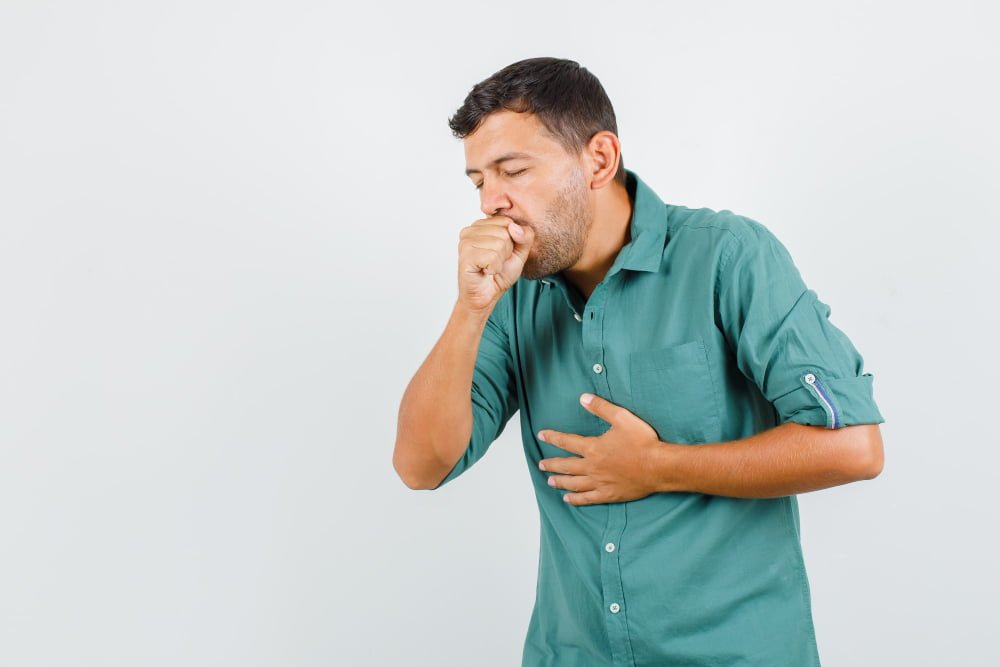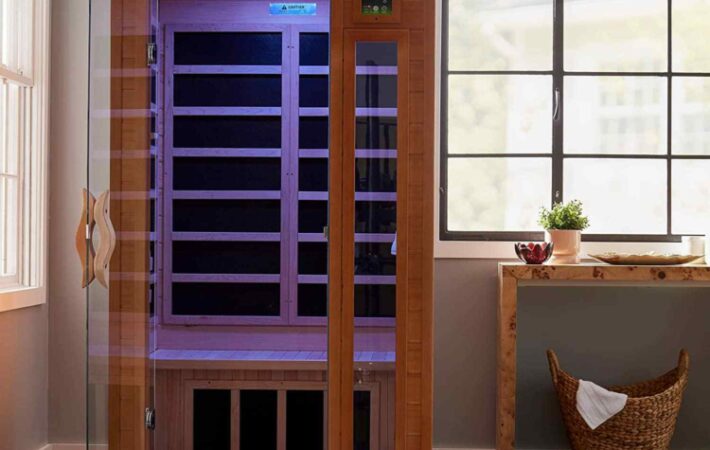Sore throats are a common ailment that can leave us feeling miserable and seeking quick relief. While saunas are well-known for their relaxation and potential health benefits, you may wonder if they can provide relief for a sore throat. In this blog post, we will explore the potential effects of sauna use on sore throats, examining the available information and providing insights into whether saunas can offer soothing relief for this uncomfortable condition.
Understanding Sore Throats
A sore throat is often caused by inflammation in the throat, typically due to viral or bacterial infections, allergies, or environmental irritants. Common symptoms include pain, scratchiness, and difficulty swallowing. While most sore throats are self-limiting and resolve within a few days, finding ways to alleviate the discomfort can be beneficial.
The Potential Benefits of Sauna Use on Sore Throats
Saunas provide numerous benefits for users, both physical and mental. To understand how these benefits affect sore throat, see the ways below:
- Moisture and Steam: Saunas create a warm, humid environment that can help moisturize the throat and nasal passages. The inhalation of warm, moist air may help soothe irritation and relieve some of the dryness associated with a sore throat.
- Increased Blood Circulation: Saunas promote vasodilation, which causes blood vessels to expand. This increased circulation may enhance the delivery of oxygen and nutrients to the affected throat tissues, potentially aiding in the healing process.
- Relaxation and Stress Reduction: Sauna sessions are known for their relaxation-inducing properties. By reducing stress and promoting overall well-being, saunas may indirectly alleviate discomfort and support the body’s healing mechanisms.
Scientific Research on Sauna Use and Sore Throats
While limited scientific research specifically explores the effects of sauna use on sore throats, some related studies offer insights:
A study published in the European Journal of Public Health found that sauna bathing improved overall respiratory health and reduced the risk of respiratory infections. While sore throats are not explicitly mentioned, the positive effects on the respiratory system suggest potential benefits for throat discomfort as well.
Research on steam inhalation, a similar concept to sauna use, has shown that inhaling warm, moist air can help relieve symptoms of respiratory conditions, including sore throats. Although not directly related to saunas, this evidence suggests a potential benefit.
Considerations and Precautions
While sauna use may offer temporary relief for a sore throat, it’s essential to consider the following factors:
- Hydration: Saunas can cause sweating, leading to potential dehydration. It’s crucial to stay well-hydrated before, during, and after sauna sessions to prevent further dryness and support overall throat health.
- Personal Sensitivity: Everyone’s response to sauna use varies. Some individuals may find relief from a sore throat, while others may experience increased discomfort due to the heat and dryness. Pay attention to your body’s signals and adjust accordingly.
- Underlying Health Conditions: If your sore throat is accompanied by other severe symptoms or persists for an extended period, it is crucial to seek medical advice. Underlying infections or conditions may require specific treatments that go beyond the temporary relief provided by saunas.
Conclusion
While saunas offer a variety of potential health benefits, their direct impact on sore throats remains uncertain due to the limited research available. However, the warm, humid environment created in saunas may provide temporary relief and help alleviate dryness and discomfort associated with a sore throat.
If you decide to use a sauna to potentially alleviate a sore throat, remember to prioritize hydration and listen to your body’s signals. If symptoms persist or worsen, seek medical advice for a proper diagnosis and appropriate treatment.
While saunas can be a part of your overall wellness routine, it’s important to incorporate other evidence-based strategies, such as staying active and eating healthy.







Leave a comment
Your email address will not be published. Required fields are marked *